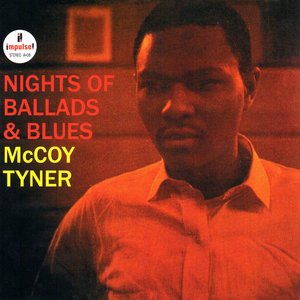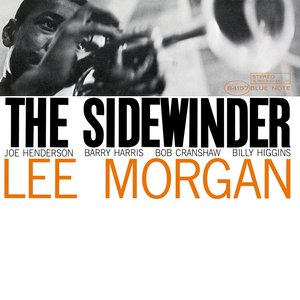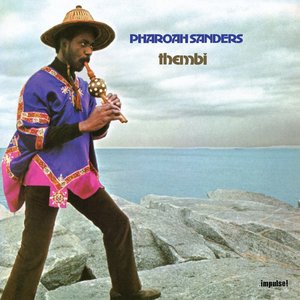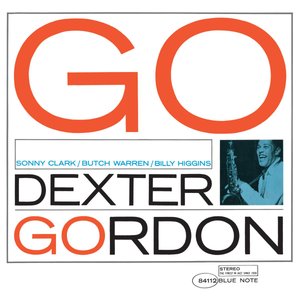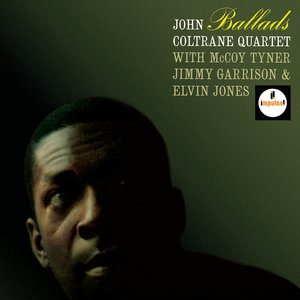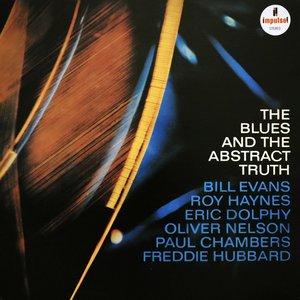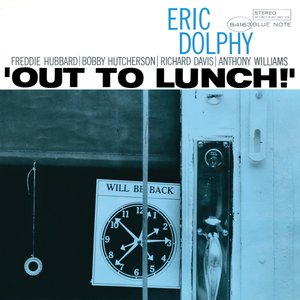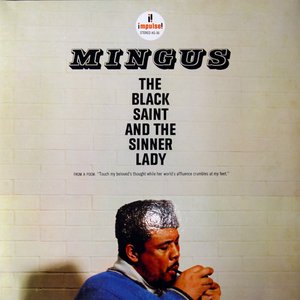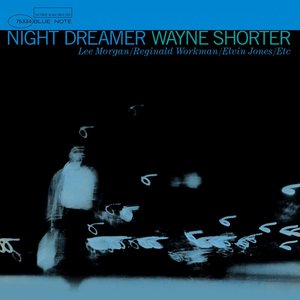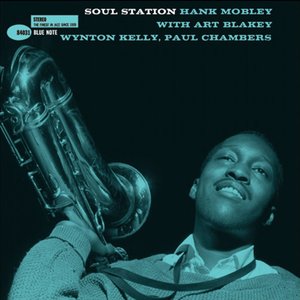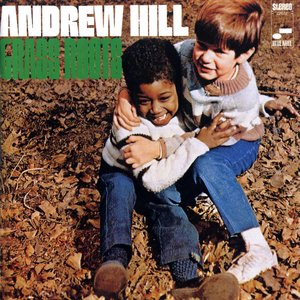Wiki
-
Release Date
1965
-
Length
2 tracks
Ascension is a jazz album by John Coltrane recorded in June 1965 and released in 1966. It is considered a watershed in Coltrane's work, with the albums recorded before it being more conventional in structure and the albums recorded after it being looser, free jazz inspired works. In addition, it signaled Coltrane's interest in moving away from the quartet format. AllMusic called it "the single recording that placed John Coltrane firmly into the avant-garde".
Background
At the time of the Ascension recording session, Coltrane was one of the world's most successful jazz artists in both the artistic and commercial sense. His best-selling album A Love Supreme was nominated for a Grammy Award, and was voted "album of the year" by Jazz and DownBeat magazines. In addition, Coltrane was elected to DownBeat's Hall of Fame, putting him in the company of Coleman Hawkins and Lester Young. At the same time, in the months since A Love Supreme was recorded, Coltrane's music had become increasingly turbulent, moving further in the direction of free jazz. Coltrane had befriended saxophonist Albert Ayler, and was heavily influenced by his music; meanwhile, he had also become somewhat of a father figure for a number of younger avant-garde players, some of whom would appear on Ascension. According to writer Bernard Gendron, "At the height of his career, riding on the momentum of the critical and popular triumph of A Love Supreme, Coltrane was the modern jazz star of the 1960s, with a large following of serious jazz fans and great respect from his musician peers. He was in an ideal position to bring into the orbit of the avant-garde fans and musicians who had previously hesitated, been puzzled or mildly hostile."
Recording session
The recording took place, unrehearsed, at Van Gelder Studio in Englewood Cliffs, New Jersey, on June 28, 1965. At the start of the session, Coltrane handed out lead sheets. According to Archie Shepp, "The ensemble passages were based on chords, but these chords were optional… In the solo plus quartet parts there are no specified chords. These sections were to be dialogues between the soloists and the rhythm section." Marion Brown added: "Trane had obviously thought a lot about what he wanted to do, but he wrote most of it out in the studio. Then he told everybody what he wanted: He played this line and he said that everybody would play that line in the ensembles. Then he said he wanted crescendi and decrescendi after every solo. We ran through some things together, until we were together, and then we got into it."
The group recorded two takes of roughly equal duration. These would become known as Edition I and Edition II. At the end of the second take, Elvin Jones "flung his snare at the studio wall, signaling his decision that for him, the date was over." Marion Brown was more enthusiastic; later he described the session as "wildly exciting", the kind of record "you could use… to heat up the apartment on those cold winter days," and stated that both takes "had that kind of thing in them that makes people scream. The people who were in the studio were screaming. I don't know how the engineers kept the screams out of the record." John Tchicai recalled: "It was a feast, incomparable. On the day of the recording, ecstasy and excitement were the prime movers. All of us did our very best to contribute and to carry out the few instructions the Master had given us. It was very African! Our Ancestors were definitely among us more than usual!"
Coltrane later stated that, during the session, "I was so doggone busy; I was worried to death… I couldn't really enjoy the date. If it hadn't been a date, then I would have really enjoyed it." At some point, he called Albert Ayler and explained: "I recorded an album and found that I was playing just like you", to which Ayler replied "No man, don't you see, you were playing like yourself. You were just feeling what I feel and were just crying out for spiritual unity."
On July 28, 1965, Coltrane and his quartet performed a version of Ascension on a concert at the Salle Pleyel in Paris. A recording of the performance appears on Live in Paris, incorrectly titled "Blue Valse".
Personnel:
Freddie Hubbard – trumpet
Dewey Johnson – trumpet
Marion Brown – alto saxophone
John Tchicai – alto saxophone
John Coltrane – tenor saxophone
Pharoah Sanders – tenor saxophone
Archie Shepp – tenor saxophone
McCoy Tyner – piano
Art Davis – bass
Jimmy Garrison – bass
Elvin Jones – drums
Album descriptions on Last.fm are editable by everyone. Feel free to contribute!
All user-contributed text on this page is available under the Creative Commons Attribution-ShareAlike License; additional terms may apply.
